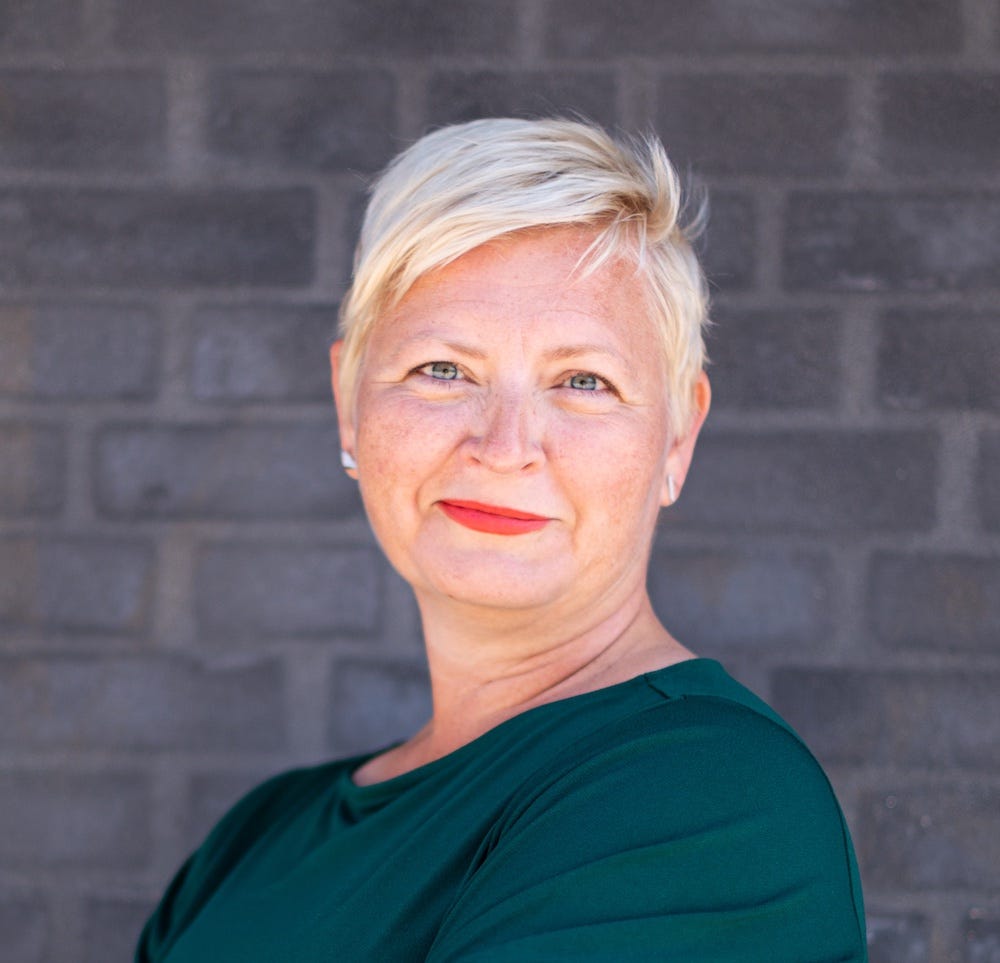Let's Talk About Big Kitchens
Public and professional kitchens have a lot of power. They order so many ingredients and cook so many meals that what they serve has impact at scale. Line Rise Nielsen and I discuss.
Hospitals, schools, prisons, elderly homes, day cares, and corporate canteens are all examples of public or professional kitchens. Every day these kitchens churn out hundreds of meals, which means they have a pretty major influence not only on what people eat, but also the entire supply chain. In today’s episode, I sit down with Line Rise Nielsen, The Food Policy Director of Changing Food a consultancy that helps kitchens convert to more sustainable practices. Line and I get into how these kitchens are undergoing transition and why their role is so important.
I also want to thank Lund University and Region Skåne for sponsoring this episode. They hosted a workshop at Skåne Innovation Week along with Krinova and Greater Copenhagen looking at the role of public meals in Scandinavia. Read more here.
Related Links
⭕️ Ellen MacArthur Foundation on circular food cities
🛍 Aarstiderne on pioneering home grocery delivery
🌆 C40 Cities on the mayors addressung climate change
🥗 KBH Madhus on shifting to 90% organic public meals
💲 Coop on supermarkets as a platform for funding new food products
💧 Aquaporin on the future of water
Episode Transcript
Analisa Winther, Nordic FoodTech Podcast Host 2:38
I always like to get started just talking a bit about backgroung. How did you get into food? What's your story?
Line Rise Nielsen, Changing Food 2:44
I was actually an employee at the city hall working in an office which was unofficially called the office for the cases that you couldn't find any proper office to handle.
Analisa Winther, Nordic FoodTech Podcast Host 3:04
It’s like the miscellaneous bureau of government affairs.
Line Rise Nielsen, Changing Food 3:09
Yeah, kind of. So we had all the Lord Mayor's board positions and all kinds of mixed up things. And then we had a new Lord Mayor who wanted to develop a House of Food. And it was our office that had to help her with that because nobody had tried that before. So, I was part of the process of establishing a Copenhagen House of Food as part of the Lord Mayor's political decision. I helped the board to hire the first CEO. And when she was hired, she had an empty house here in the Meatpacking District, her phone, and nothing else. So, I lent myself out as a resource to her and said, “Well, you need some help to get some furniture and figure out how you're going to collaborate with the city hall,” which is a peculiar place. And then I started helping her and I just realized that I really wanted to stay there. And after a maternity leave, I hired full-time in the Copenhagen House of Food as a bureaucracy translator, it was my first title. And then very quickly, I became the project manager of implementing the school food program EAT in 45 schools in Copenhagen.
Analisa Winther, Nordic FoodTech Podcast Host 4:49
So just starting with the fact you said the Lord Mayor. And why is it a Lord Mayor versus just a mayor of the city?
Line Rise Nielsen, Changing Food 4:57
It's because in the city hall, in Copenhagen city, we have seven mayors. So each department has a mayor. And the finance department has the Lord Mayor who was the primary winner of the election. But it's not like a government. It's not like the Lord Mayor points out the rest of the mayors. They are still a picture of the plurality in the constitutional gathering.
Analisa Winther, Nordic FoodTech Podcast Host 5:26
Right. And why was it that they wanted to work with food?



